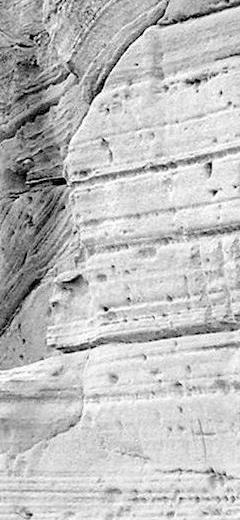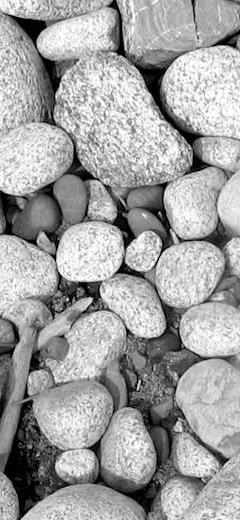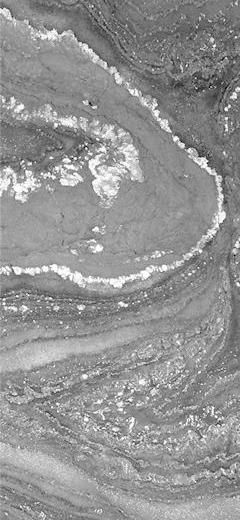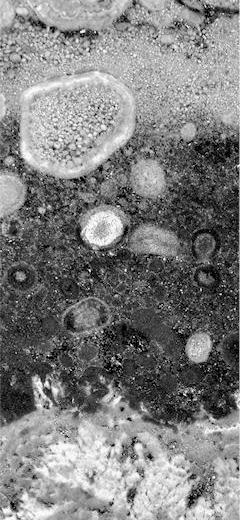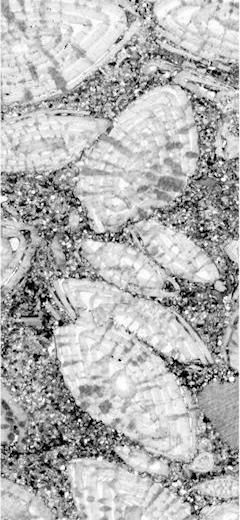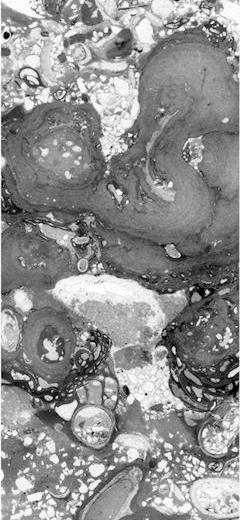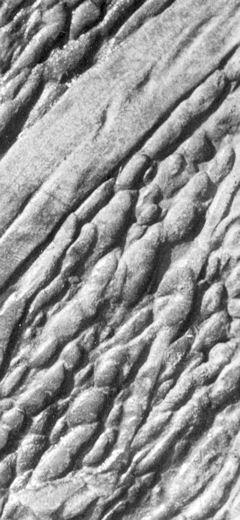ASGP (2013), vol. 83: 343–351
THE EFFECT OF GLUCONIC ACID SECRETION BY PHOSPHATE-SOLUBILIZING PSEUDOMONAS PUTIDA BACTERIA ON DISSOLUTION OF PYROMORPHITE Pb5(PO4)3Cl AND Pb REMOBILIZATION
Justyna TOPOLSKA(1), Pawel BOROWICZ(2), Maciej MANECKI(1), Tomasz BAJDA(1), Stefan KASCHABEK(3) & Broder J. MERKEL(4)
1) AGH University of Science and Technology, Faculty of Geology, Geophysics and Environmental Protection, Department of Mineralogy, Petrography and Geochemistry, al. Mickiewicza 30, 30-059 Kraków, Poland; e-mail: jm.topolska at gmail.com
2) Faculty of Biochemistry, Biophysics and Biotechnology, Jagiellonian University, Gronostajowa Str. 7, 30-387 Kraków, Poland
3) Institute of Biosciences, TU Bergakademie Freiberg, Leipziger Str. 29, D-09596 Freiberg, Germany
4) Institute of Geology, TU Bergakademie Freiberg, Gustav Zeuner Str. 12, D-09596 Freiberg, Germany
Topolska, J., Borowicz, P., Manecki, M., Bajda, T., Kaschabek, S. & Merkel, B. J., 2013. The effect of gluconic acid secretion by phosphate-solubilizing Pseudomonas putida bacteria on dissolution of pyromorphite Pb5(PO4)3Cl and Pb remobilization. Annales Societatis Geologorum Poloniae, 83: 343–351.
Abstract: The purpose of this study was to investigate the effect of bacterially produced gluconic acid on the dissolution of pyromorphite and Pb remobilization. Pyromorphite Pb5(PO4)3Cl is formed as a product of the phosphate-induced treatment of Pb-contaminated sites. This very stable mineral greatly decreases the bioavailability of Pb. In this study, bacterial and abiotic batch experiments on the dissolution of pyromorphite were carried out. In the microbial experiments, the mineral was dissolved in the presence of the phosphate–solubilizing soil bacterium, Pseudomonas putida. The bacterial growth medium was supplemented with glucose, which under natural condi- tions can be supplied to microbes via symbiosis with plants. P. putida acquired P from pyromorphite and enhanced its dissolution. Elevated Pb concentrations were observed in the suspensions with bacteria. The bacterial secretion of 16.5 mM gluconic acid played a significant role in Pb remobilization; the pH of the solution dropped down from an initial 7.4 to 3.5. In the abiotic experiments, pyromorphite was dissolved at several concentrations of gluconic acid and at an acidic to neutral pH range. Both acidification and formation of stable Pb-gluconate ligands enhanced the dissolution of pyromorphite and caused Pb remobilization.
Manuscript received 28 July 2013, accepted 27 December 2013

